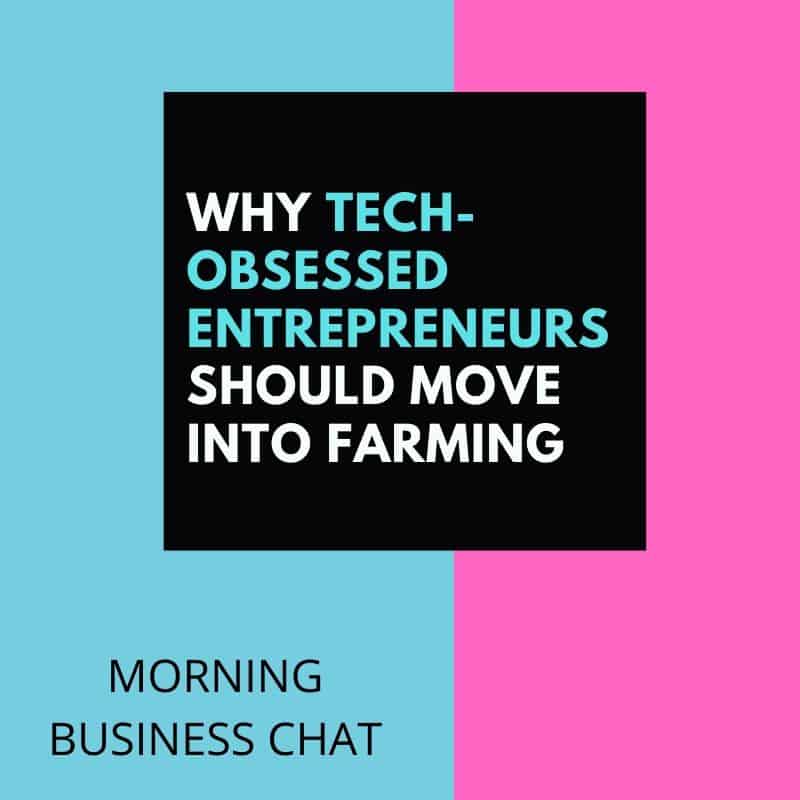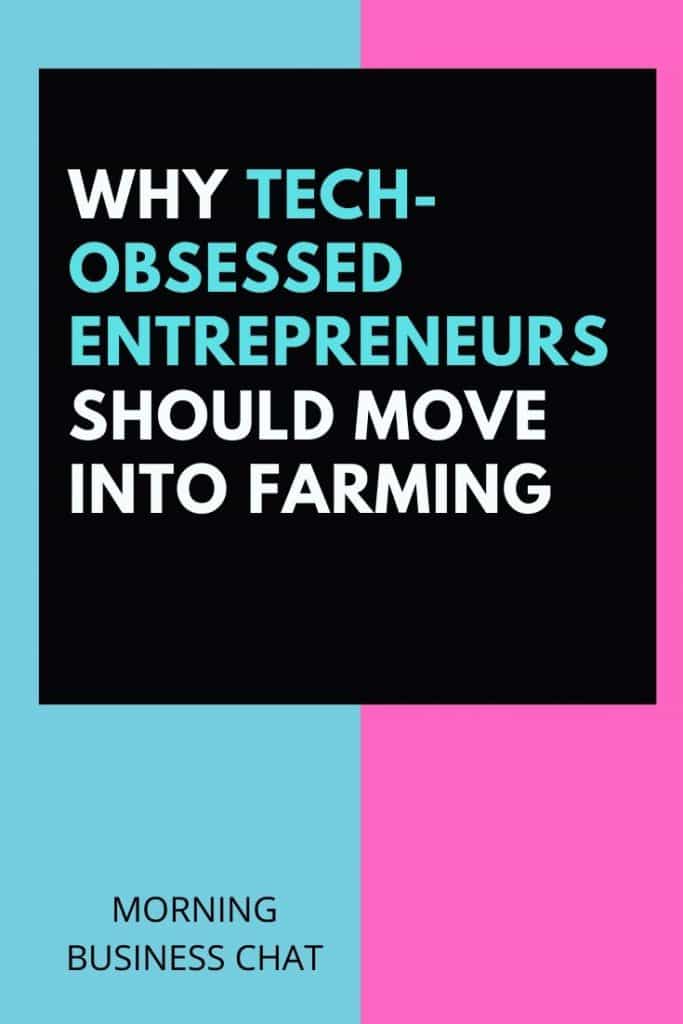A few years go, the brother of Elon Musk, Kimball, burst onto the scene, offering a radical new direction for the agricultural industry. Instead of having farms spread out over the landscape, eating up natural ecologies, he set about looking for ways to bring them indoors.
While putting a farm indoors might sound like a stupid idea, it actually has a lot of merits. Crop fields are one-storey high by necessity. If you were to layer another row of crops on top somehow, you’d block out the light from the sun, and the produce on the ground level would die.
Kimball, however, is a big fan of the idea of vertical farms. Here you layer crops on top of each other in levels and then use strips of LED lights that they need to grow. Theoretically, you could add hundreds, if not thousands, of layers of crops, bringing food production indoors and protecting the natural environment.

As you might imagine, though, there are a couple of sticking points. One of the main problems is powering all the lighting you need when you bring crops indoors. While LED lights are nearly 90 per cent efficient, the solar panels that they connect to are not. Today’s solar panel technology is only able to convert around 20 per cent of the energy coming from the sun into electricity, meaning that you need a vast area to collect the required insolation – bigger than the original field. The short term solution is to use regular coal, oil and gas, but this doesn’t seem particularly environmentally friendly.
Then there’s the building cost. While indoor farming works well for high-margin products, like greens, it doesn’t do so well when it comes to growing staples, like grains. It’s not yet economical to bring these crops indoors. For the time being then, it looks like farming will remain an outdoor activity.
There’s no doubt, though, that the world of agriculture is changing fast. Despite the lack of attention from Silicon Valley, the sector is benefiting from a host of innovations. What’s more, there are numerous opportunities for entrepreneurs to make money. You don’t have to try something as audacious as Kimball Musk. Small technological changes to the farm can wind up making a massive difference.
High Tech Advancements
While it is true that recent developments in technology have affected every sector, they are yet to mature to the point where they fundamentally transform the agricultural industry. According to the CEO and founder of Fasal, Ananda Verma, that is all about to change. In his view, several critical technologies are coming together that agriculturalists will be able to put to use on their farms.
Sensors, drones with IoT technology, satellites, autonomous farming robots and analytics will change the nature of farming fundamentally. It’ll become less about guesswork and more about the collection of data and implementation of smart systems. We might be a little less than five years away from the point when farmers no longer have to go out onto their fields to inspect their crops. It could all be done through a combination of drones and IoT. Farmers may not even have to pilot their harvesting vehicles with good enough onboard autonomous navigation systems.
Most farmers, however, aren’t tech-savvy, so they need entrepreneurs who can develop easy-to-understand products where the benefits are apparent. Thus, if you’re tech-obsessed and want to tap into an underserved market, agriculture is the place to be.
Improving Farming Supply Chains
Entrepreneurs who love tech can help farmers in another way by providing them with services that better link them to local markets. In many parts of the world, including the west, farmers still take their cattle to auction. It’s an incredibly inefficient way of doing things.
Tech-savvy entrepreneurs, however, are in an ideal position to shake-up traditional supply chains using the latest digital platforms and innovations. Farmers need tools that allow them to find the best prices on inputs and the highest that people are willing to pay for their outputs. Startup businesses can create and develop these platforms, helping farmers buy and sell more quickly, without having to go through the regular slow and clunky channels.
The Need To Educate Farmers
There’s a lot of low-hanging fruit for entrepreneurs seeking to make waves in the agricultural sector (if you’ll excuse the pun). That’s because many farmers (especially those in emerging markets), don’t have a good understanding of how new technologies can make their farms more profitable. If you can demonstrate the benefits of technology by educating farmers, you have a captive audience.
- Please note that this post has been written by an outside source – See Disclosure Policy



